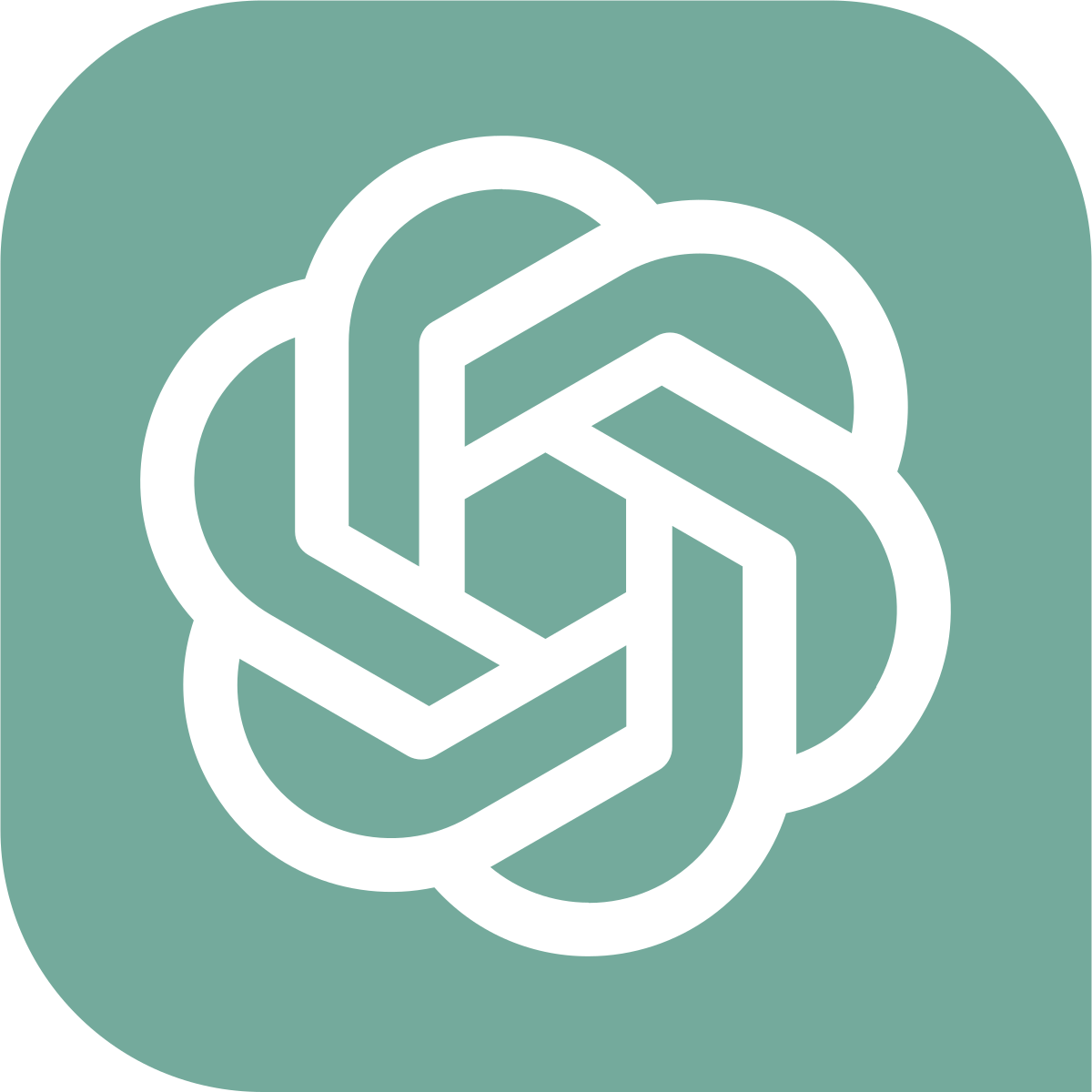Experiences with AI Models: Claude, ChatGPT, and GPT-4o-mini
Introduction
Artificial Intelligence (AI) has made significant strides in the past decade, offering a wide range of applications in various fields such as customer service, content creation, and personal assistance. Some of the most advanced AI models, such as Claude, ChatGPT, and GPT-4o-mini, have revolutionized the way we interact with machines and provided a powerful tool for productivity. In this article, I will share my experiences using these AI models and discuss their strengths, limitations, and potential for the future.
Claude: A New Era in AI Models
Claude, developed by Anthropic, is an AI model that emphasizes safety and usability. Its primary design goal is to reduce harmful behaviors that may arise from AI-generated content. One of the most impressive features of Claude is its ability to generate responses that are more ethical and aligned with human values, making it suitable for applications that require sensitivity and safety.
Claude's training involves techniques that make it more robust in handling ambiguous queries and less likely to generate harmful or offensive content compared to its predecessors. However, like all AI models, it is not perfect, and users must still exercise caution when integrating it into high-stakes environments like legal advice or medical consultations.
Claude Performance Test
Here is a comparison of Claude's performance based on recent AI model tests:
"Claude's model has been trained to prioritize ethical considerations, reducing the risk of generating content that could be harmful to users." — Anthropic Research Team
ChatGPT: Revolutionizing Conversational AI
ChatGPT, created by OpenAI, is one of the most widely used conversational AI models today. It is based on the GPT (Generative Pre-trained Transformer) architecture and has evolved over several iterations. As of 2024, the latest version, GPT-4o-mini, provides a highly responsive, conversational experience that can simulate a human-like interaction across a wide array of topics.
One of the main advantages of ChatGPT is its flexibility and adaptability. It can be used for a variety of tasks, from drafting emails to creating blog posts or even generating code snippets. Its ability to understand and generate natural language with high accuracy has made it an indispensable tool for many professionals and businesses.
ChatGPT Performance Test
Below is a visual representation of how ChatGPT performed in various tasks during AI evaluations:
However, it still faces challenges, such as occasional inaccuracies in complex subjects and the risk of producing biased responses if not properly managed. Despite these challenges, OpenAI's ongoing improvements to ChatGPT continue to make it one of the most powerful AI tools available.
GPT-4o-mini: Cutting-Edge Small Model for Everyday Use
GPT-4o-mini is a smaller, more efficient version of GPT-4, designed for applications requiring faster responses with reduced computational resources. While its capabilities are not as extensive as its larger counterparts, GPT-4o-mini is well-suited for environments where quick, real-time interactions are needed, such as chatbots or virtual assistants.
The model maintains a balance between performance and efficiency, making it a perfect choice for developers looking to implement AI without the heavy resource demands of larger models. GPT-4o-mini has also been optimized to produce more contextually accurate responses in shorter time frames.
GPT-4o-mini Performance Test
Here is a chart showing the results of GPT-4o-mini's efficiency and response speed in comparison to larger models:
"While smaller models like GPT-4o-mini may not have the same vast knowledge base, they offer the advantage of faster response times, making them ideal for real-time applications." — OpenAI Research Team
Comparing Claude, ChatGPT, and GPT-4o-mini
Here’s a quick comparison of the three models based on several key factors:
- Ethics and Safety: Claude excels in reducing harmful outputs, while ChatGPT and GPT-4o-mini also strive for ethical outputs but may require additional fine-tuning.
- Flexibility: ChatGPT offers the most versatility across a wide range of topics and tasks, followed closely by Claude, which is more specialized in safety and ethical considerations.
- Performance and Speed: GPT-4o-mini is designed for quick responses and lower computational demands, making it ideal for real-time tasks.
- Use Cases: Claude is great for sensitive applications, ChatGPT is highly adaptable for various fields, and GPT-4o-mini is excellent for resource-limited environments.
Conclusion
AI models like Claude, ChatGPT, and GPT-4o-mini are changing the way we interact with technology. Each model offers unique strengths, whether it's Claude's focus on safety, ChatGPT's versatility, or GPT-4o-mini's efficiency. As AI continues to evolve, these models will play an increasingly important role in shaping how businesses and individuals communicate, create, and innovate.
Ultimately, the key to unlocking the full potential of AI lies in understanding each model’s strengths and limitations and choosing the right tool for the task at hand. With continuous improvements, AI is poised to become an even more integral part of our daily lives.

Exploring AI Models: A Deep Dive into Claude, ChatGPT, and GPT-4o-mini





Comments 2 条评论
good!
I like the way